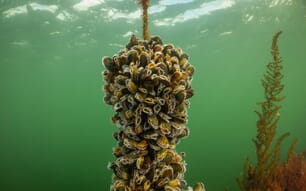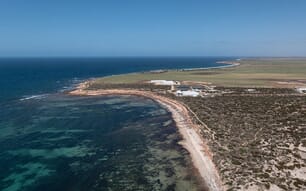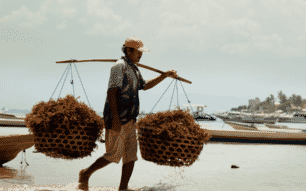A meeting of coastal states (Faroe Islands, EU, Norway, Russia and Iceland) to the Atlanto-Scandian herring has been scheduled for the 2-3 September to discuss the joint management of the herring stock. The key issue being the need for a revised, equitable allocation of the stock, which also better reflects the occurrence of herring in Faroese waters.
Despite agreeing to participate in these planned consultations, the EU decided on 31 July 2013 to proceed with imposing coercive economic measures against the Faroe Islands, targeting Faroese imports to the EU of not only herring but also mackerel, and preventing their transport through EU ports.
In response, the government of the Faroes has consequently notified the EU that on the 16 August 2013 it has brought the dispute to an international arbitral tribunal, requesting that the EU be declared in breach of its obligations under the United Nations Convention on the Law of the Sea (UNCLOS) and ordered to refrain from the threat or adoption of coercive economic measures on the Faroe Islands.
The tribunal hopes to prevent the sanctions from being implemented as, according to Annex 7 of the UNCLOS, not all ways to end the dispute were addressed and therefore the EU should not have introduced sanctions.
The Farose government underlines that the EU actions in this matter are instrumental in preventing the cooperation necessary to reach agreement on the Atlanto-Scandian herring and contravene its obligations to resolve disputes by peaceful means.
The EU is also notified that, consistent with international law, there is an obligation on parties to a dispute to refrain from any measures capable of prejudicing the decision and, in general, avoid taking any steps which might aggravate or extend the dispute, when it has been referred to an international judicial or arbitral forum
Commenting on the Government’s decision to pursue international arbitration, the Farose Prime Minister, Kaj Leo Holm Johannesen, said: “Consultations between all five coastal states need to continue in earnest if we are going to find joint agreement on the allocation of the herring. The EU’s intention to impose unilateral coercive economic measures against the Faroe Islands has already compromised the spirit of mutual respect and cooperation which is crucial to ensuring that real progress can be made on joint management of this valuable shared fish stock. If the EU actually implements such measures, the basis for balanced multilateral negotiations will clearly be called into serious question.”
The implementation of sanctions would also affect the Icelandic fishing industry. Supporting the action taken by the Faroe Islands, Sigmundur Davíð Gunnlaugsson, Prime Minister of Iceland, stated that the EU's actions are in breach of various obligations under UNCLOS and general international law.
"Furthermore, such measures would not be in accordance with the EU´s obligations under the WTO or, as regards Iceland, the EEA Agreement," said Mr Gunnlaugsson.
"It is of great concern to the government of Iceland that the EU seeks to prejudice the rights of free negotiation and agreement of other coastal States in the region, in pursuing the interests of certain Member States. It is of further concern to Iceland that the EU intentionally circumvents mechanisms for the peaceful settlement of disputes, available under the Convention.
"The Icelandic government rejects and objects in the strongest terms to the EU’s resort to threats of coercive measures against Iceland and the Faroe Islands as a means of settling disputes on the management of shared fish stocks. The government calls on the EU to withdraw these threats, thereby abiding by its obligations under international law.”



